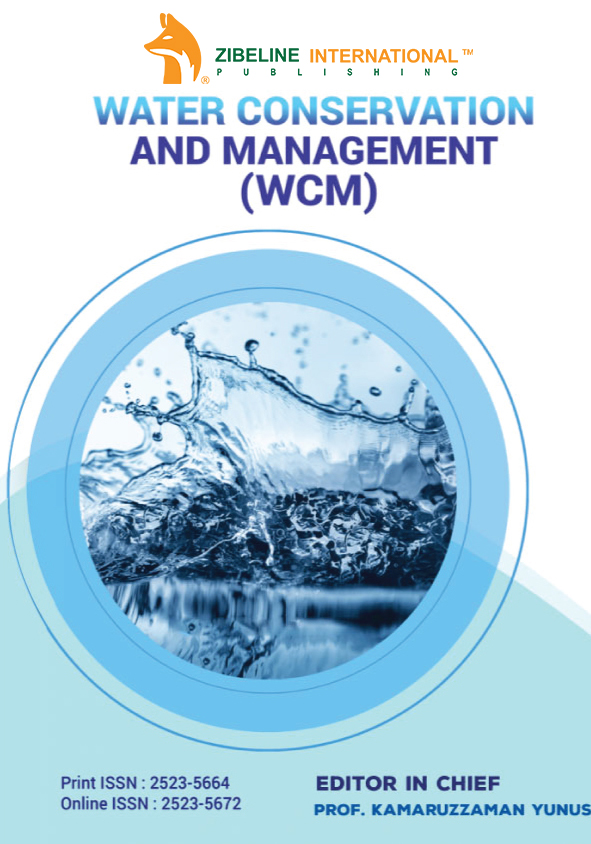OPTIMIZATION AND CHARACTERIZATION OF CALCINATED CHICKEN EGG SHELL DOPED TITANIUM DIOXIDE PHOTOCATALYST BASED NANOPARTICLES FOR WASTEWATER TREATMENT
Journal: Water Conservation and Management (WCM)
Author: Yigezu Mekonnen Bayisa, Tafere Aga Bullo, Mohammed Seid Bultum
Print ISSN : 2523-5664
Online ISSN : 2523-5672
This is an open access article distributed under the Creative Commons Attribution License CC BY 4.0, which permits unrestricted use, distribution, and reproduction in any medium, provided the original work is properly cited
Doi: 10.26480/wcm.02.2021.92.96
ABSTRACT
 In recent decades, research concerning and knowledge about the external benefits of renewable
In recent decades, research concerning and knowledge about the external benefits of renewableraw materials have intensified the efforts for investigating the major sources, causes, and effects of wastewater from solid waste and industries or households. In this study bio-matter and low-cost photocatalyst was prepared for photodegradation on the removal of methylene blue from wastewater treatment, and characterized by Fourier-transform infrared (FTIR) spectroscopy, UV-spectrometer, and X-ray diffractometer (XRD). The effects of initial concentration of methylene blue, amount of dopant, and degradation time were investigated on the percentage degradation of methylene blue using the calcinated eggshell doped titanium dioxide nanoparticle catalysts. At sufficient contact time and low initial concentration, the increment in dopant dose from 0.5 to 2.5 g/l results in an increment of methylene blue degradation efficiency, from 52.5 % to 95.8%. It was shown that a calcinating eggshell doped titanium dioxide photocatalyst method for wastewater treatment is a promising option for the degradation of methylene blue from industrial wastewater under the stated condition.
| Pages | 92-96 |
| Year | 2021 |
| Issue | 2 |
| Volume | 5 |

